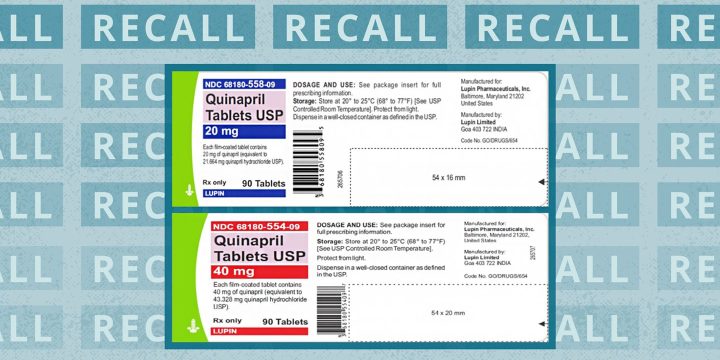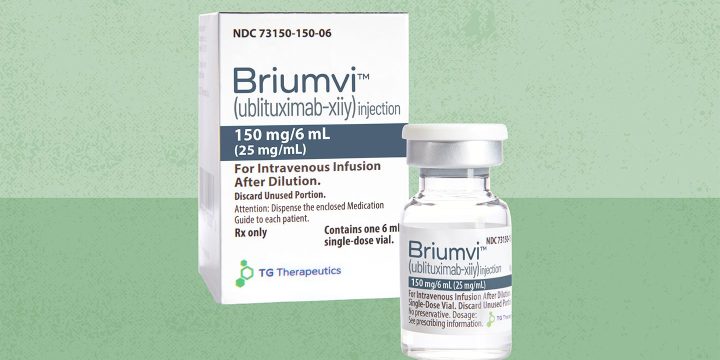
Experts Debunk Myths About Alternative Medicine for Heart Disease, Heart Failure
Now more than ever, people are turning to home remedies like herbal medicines, dietary supplements, and homeopathic products, and activities such as yoga, massage therapy, and acupuncture to treat what ails them. The alternative medicine market reached $100 billion in 2021 and projections show that value more than tripling in the next five years, according to a 2022 report from Research and Markets.The use of alternative medicines was a topic of discussion at a panel held on Sunday, November 6 at the AHA Scientific Sessions 2022. Experts addressed myths related to alternative medicines in people with heart disease, such as heart failure. Want to know what the experts think about alternative medicine? Here’s a rundown of what they discussed.Don’t Place Alternative Therapy Above Traditional Medicine“It's critical for us to educate…








